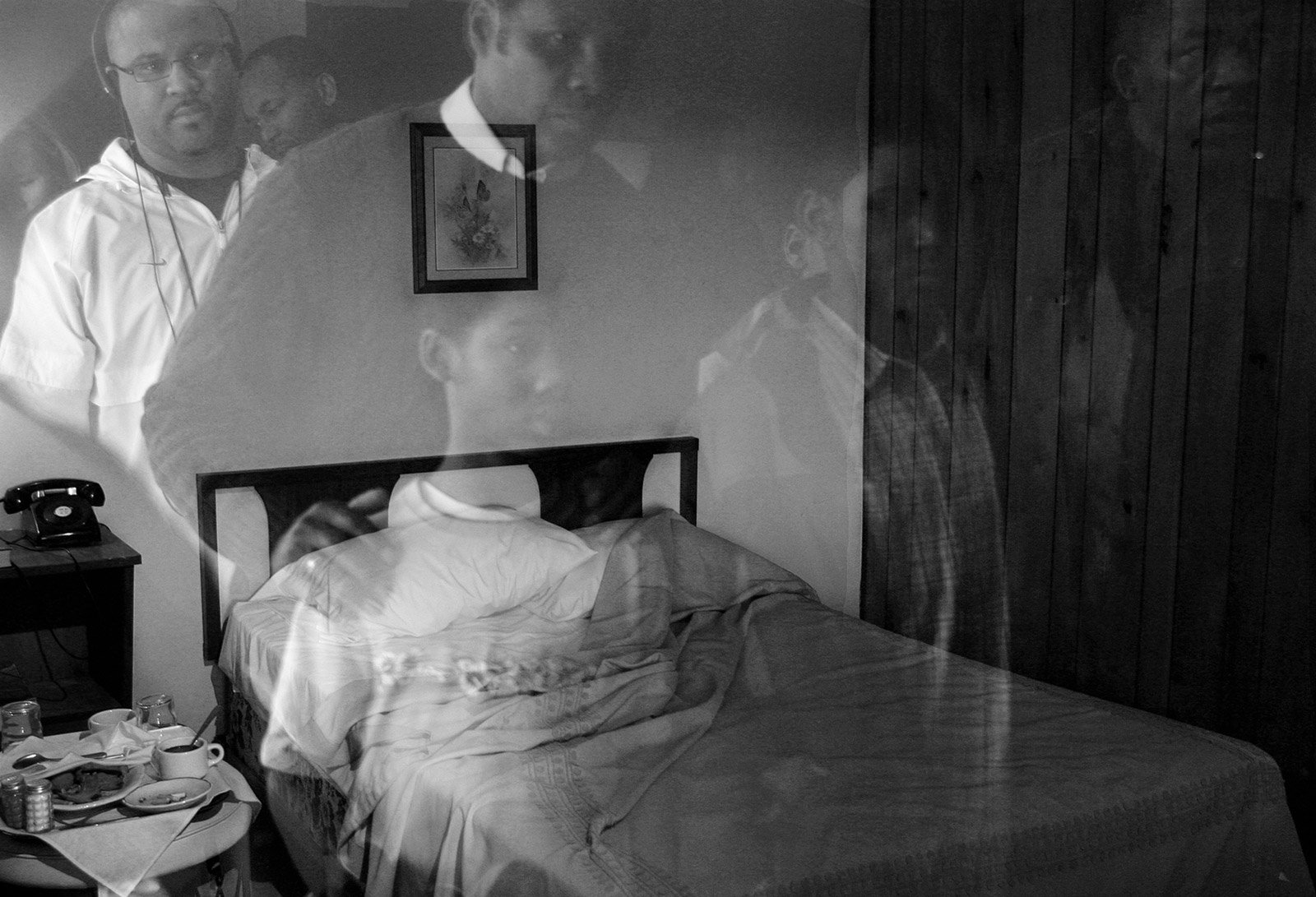
American Memory
Photography by Andrew Lichtenstein, 2012
“American Memory” Lesson Plan
Resources for this lesson:
Acknowledgment is the first step towards healing.
This is the theme that underlies the project, “American Memory,” by Andrew Lichtenstein, who won the 2012 Aftermath Project photography grant, and whose work is featured in our book, “War is Only Half the Story, Vol 6.” It’s a simple premise – yet one that seems all too elusive in the case of so many past conflicts.
I still remember the moment I first saw Andrew’s work, during the judging for the 2012 grant. I was sitting in a back room at the Museum of Fine Arts, Houston, with photo curator Anne Tucker, and Stephen Mayes, then managing director of VII and now the executive director of the Tim Hetherington Trust, who were both on the judging panel with me that year. All three of us were taken with Andrew’s quirky photo of three women in Confederate dress (Civil War re-enactors) taking a break on a park bench in Montgomery, Alabama – and then taken aback by the caption, which informed us that the bench the women were sitting on was at the bus stop where Rosa Parks boarded the city bus she was arrested on in 1955 and helped launch the Civil Rights movement.
As we reviewed Andrew’s work, we were struck again and again by his ability to make a strong contemporary photograph on the site of a past conflict – and to make us think twice about what had happened, as well as what had, or had not, been acknowledged. It’s a powerful way to consider aftermath, and all its implications for who we are today – and what we can and should become.
These lesson plans, by Fran Sterling, Senior Research and Development Associate at Facing History and Ourselves, capture the essence of Andrew’s project and expands on it. The lessons are meant to engage students in critical thinking skills – and equally important, in visual literacy skills. This kind of learning is at the heart of The Aftermath Project – it’s as important as our mission to broaden the public’s understanding of the true cost of war and the real price of peace. Visual literacy is a kind of redemption from the shallow depth, hyper-speed of the Internet age. It engages us in moments, invites us to deep reflection, attention to detail, and connections from the heart. It reminds us of our humanity. And we need that, every day.
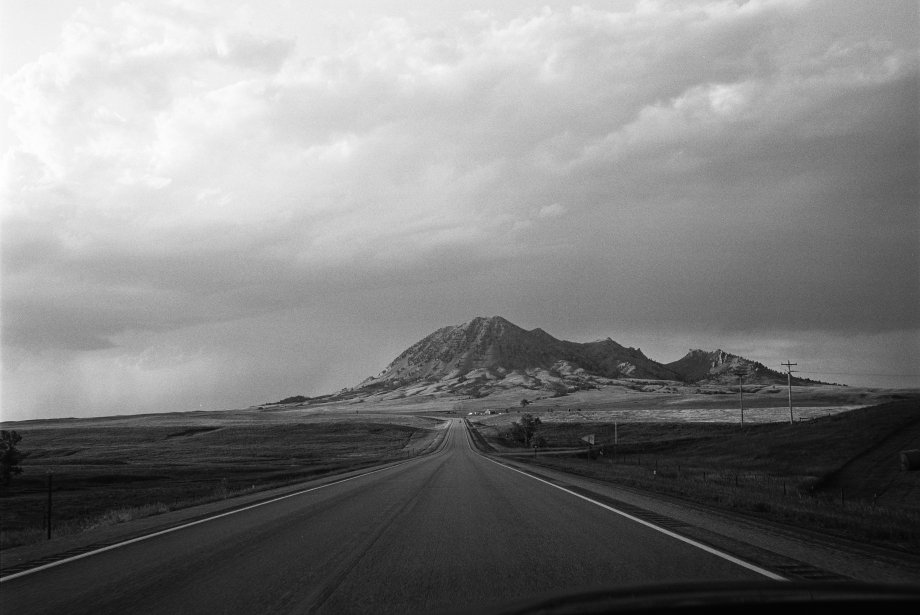
Bear Butte in South Dakota is where the Sioux and Cheyenne tribes received their creation myth, and is still a religious site of great importance, despite being only a few miles from the biker bars and rallies of Sturgis.
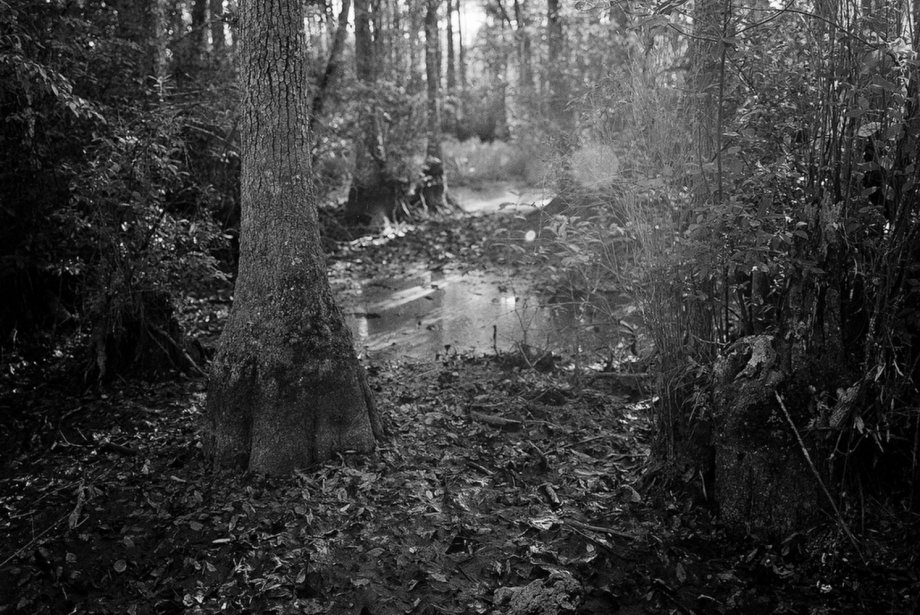
There is no marker or monument at Cabin Pond, a small swamp in rural Southampton County, Virginia where the slave Nat Turner first received a vision that it was his assigned task to free America's slaves with a rebellion. Cabin Pond is also where Turner planned the rebellion in the summer of 1831, and where he fled to hide after its failure several weeks later. He was captured about a mile away.
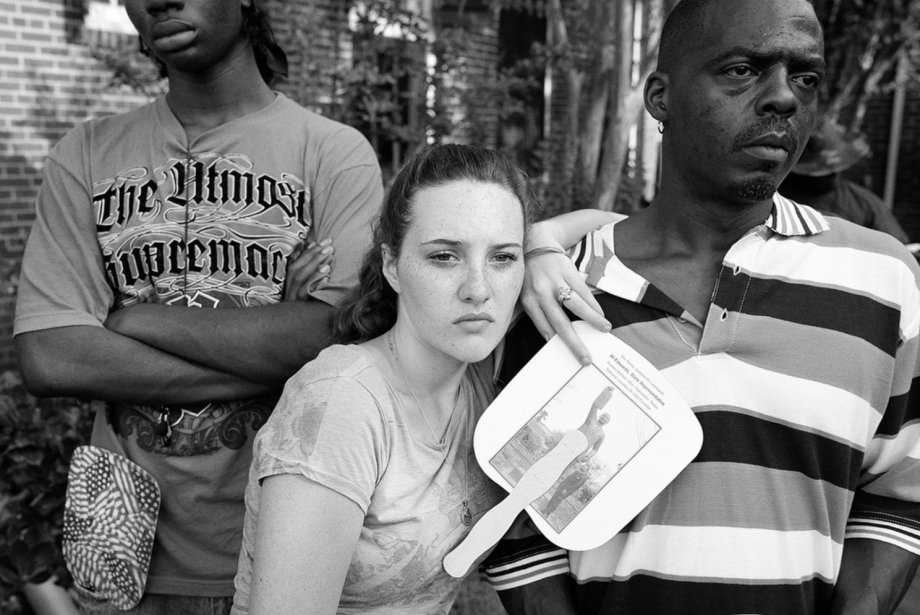
A crowd listens to the annual reading of the Emancipation Proclamation by local officials at a ceremony for Juneteenth, a Texas holiday that commemorates the day in 1865 when slaves were told by a Union General in occupied Galveston that the Emancipation Proclamation, written two years earlier by Abraham Lincoln, had set them free.
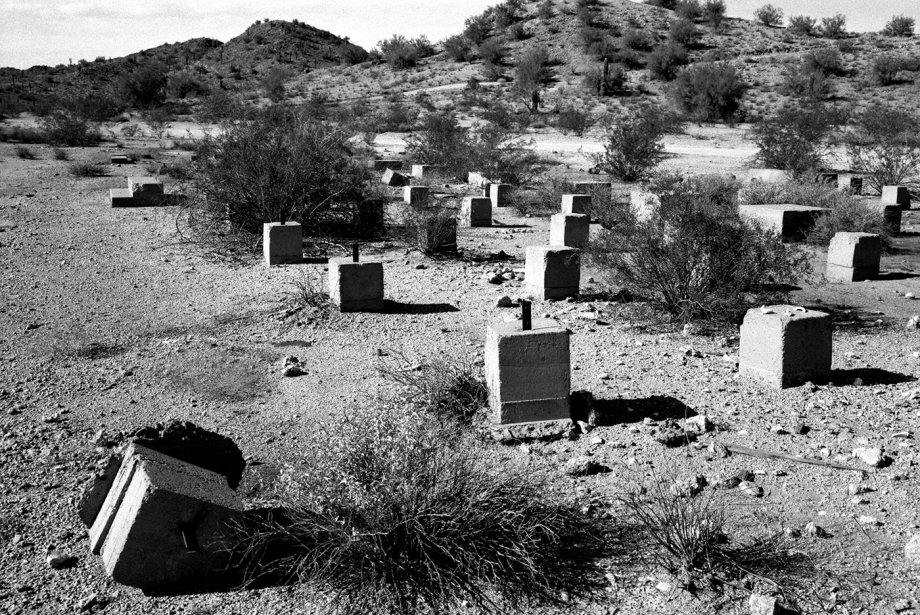
Along with some scattered, rusting nails and construction debris, these cement pilings scattered across the Arizona desert are all that remains of the Gila River Relocation Center, one of ten camps built to house Japanese Americans imprisoned during the Second World War.
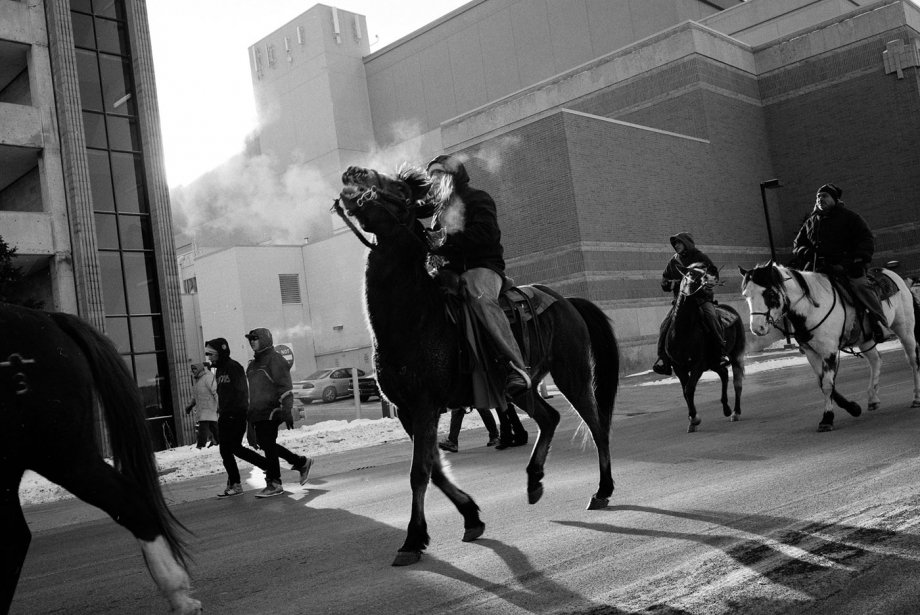
This photograph is of Sioux riders arriving in the town of Mankato, Minnesota, on the 150th anniversary of a mass hanging where thirty-six warriors were executed on a single day, the largest group hanging in American history.
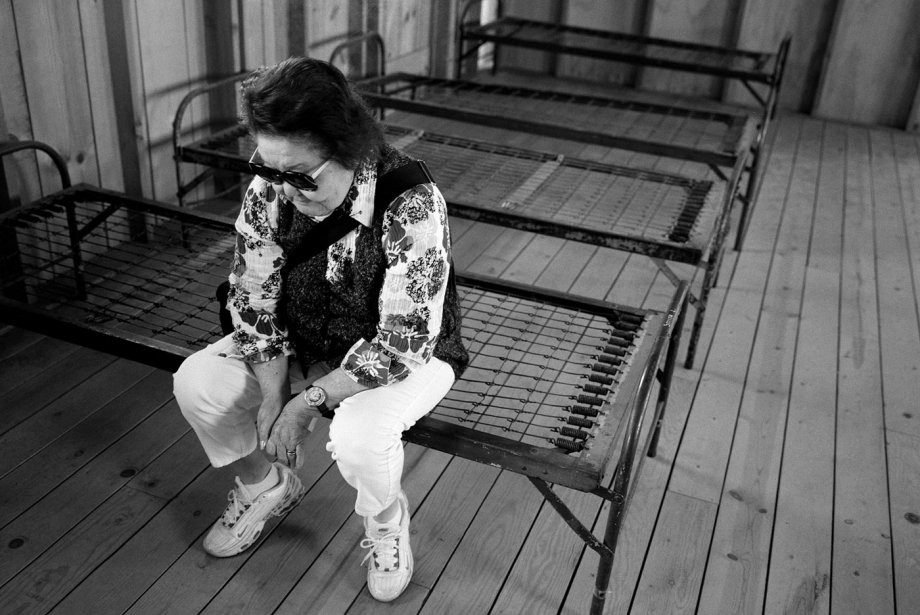
Aiko Morimoto, a survivor of a Japanese internment camp, sits on a cot in a rebuilt barracks at the National Park Service’s Manzanar camp in California, remembering her childhood.
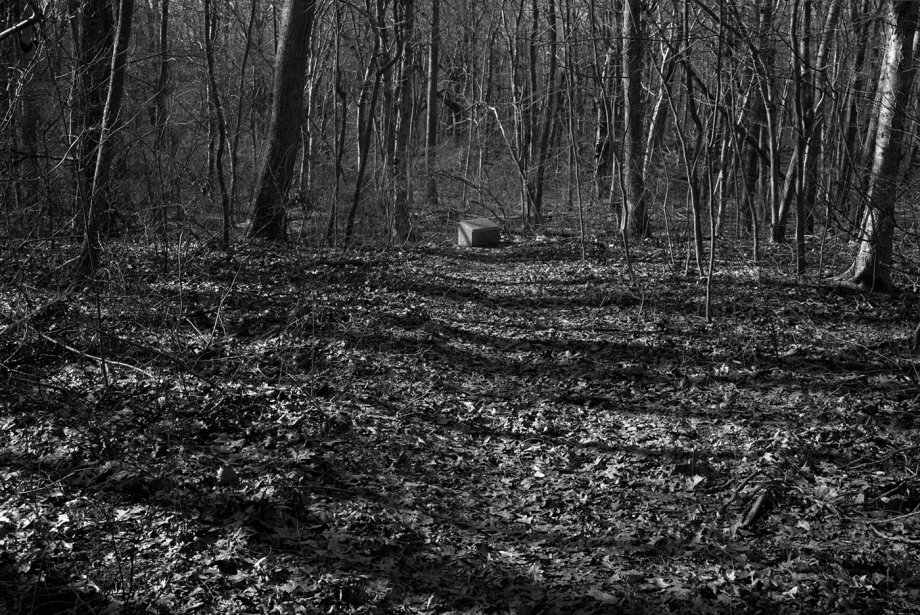
This picture is of a small stone monument placed by the state of Rhode Island to mark the spot where the Indian leader King Phillip was tracked down and killed in 1676.
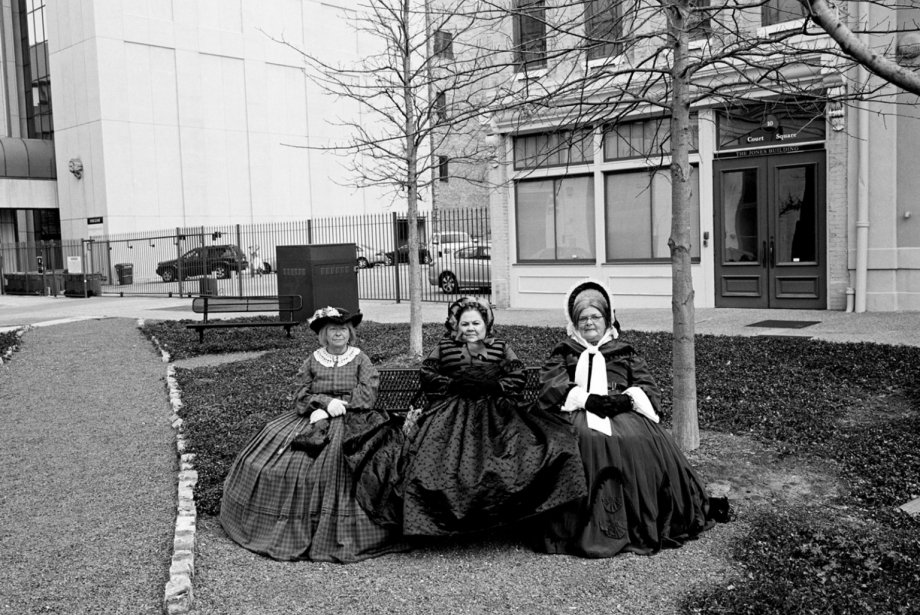
At the exact bus stop where Rosa Parks boarded her famous city bus trip to fight segregation in 1955, participants in a Sons of Confederate Veterans "Confederate Heritage Rally" wait to march up Dexter Avenue in downtown Montgomery to recreate the inauguration of Jefferson Davis 150 years later.
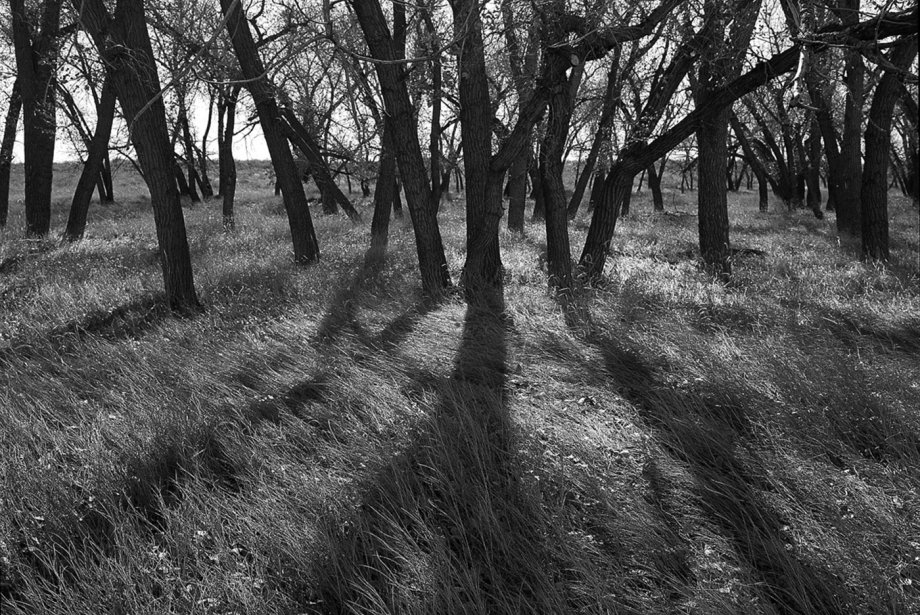
This is a photograph of grove of Cottonwood trees, which I took in memory of the Sandcreek Massacre, where an encampment of peaceful Cheyenne and Arapaho were attacked and slaughtered by a Colorado militia under the command of John Chivington in November of 1864.
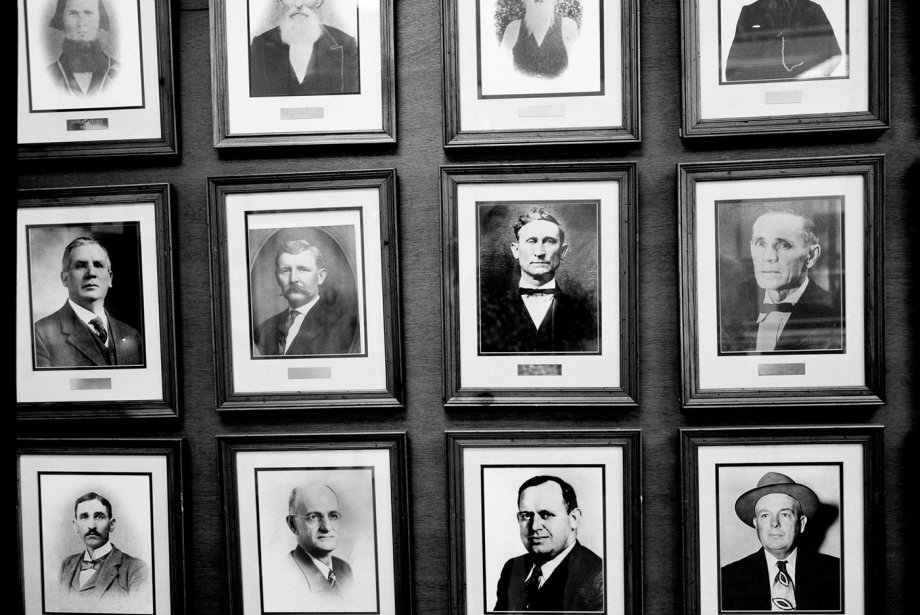
This photograph is of a wall in the Sheriff’s office in Jackson County, Alabama. I was there because the county seat is Scottsboro, Alabama, where the most famous Civil Rights case of the 1930’s took place.
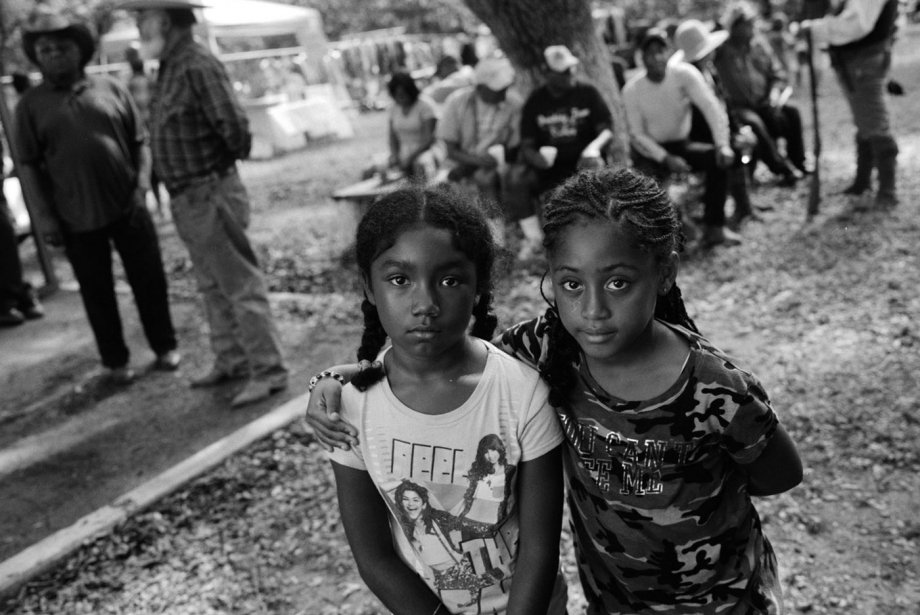
I took this photograph of two young girls at an annual barbeque for the black Seminole in the small south Texas town of Bracketville. All the Seminole living there are descendants from a few families of United States cavalry scouts that defended the U.S.-Mexican border in the 1870’s.
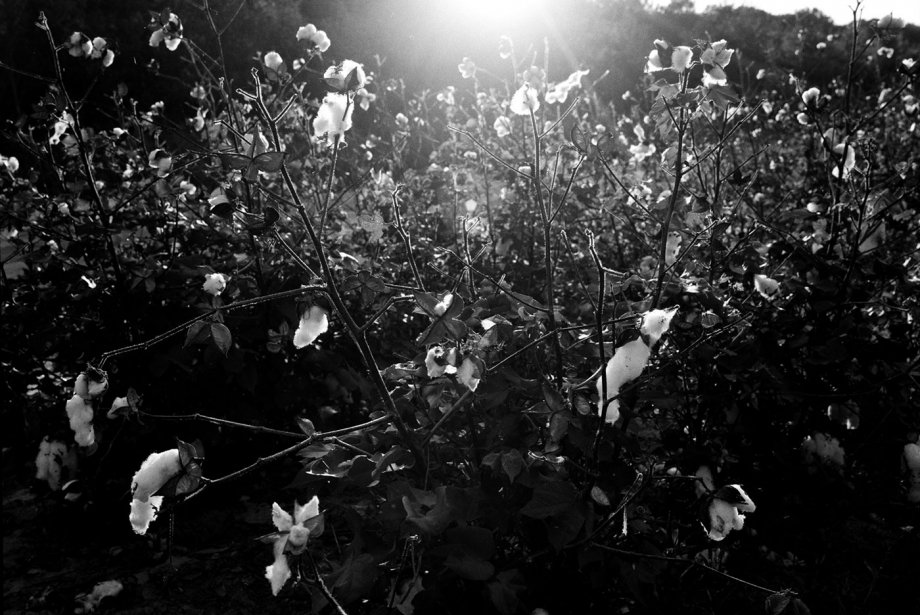
A field of cotton waits to be harvested on the outskirts of Money, Mississippi. This is a tribute photograph taken in memory of Emmett Till and his great uncle, Moses Wright.
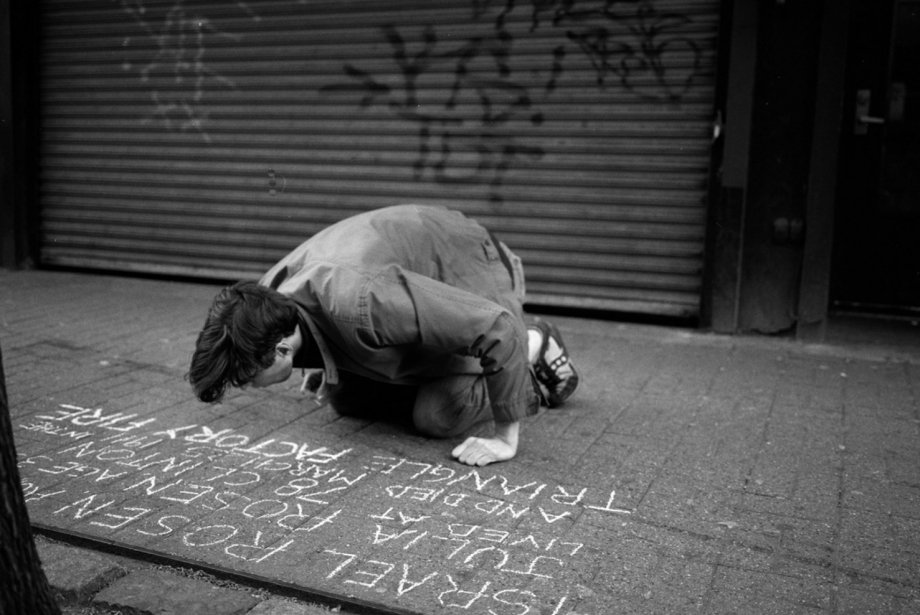
On the anniversary of the Triangle Shirtwaist Fire of 1911, volunteers chalk the names of the victims on the sidewalk in front of where their homes were throughout the New York City’s Lower East Side.
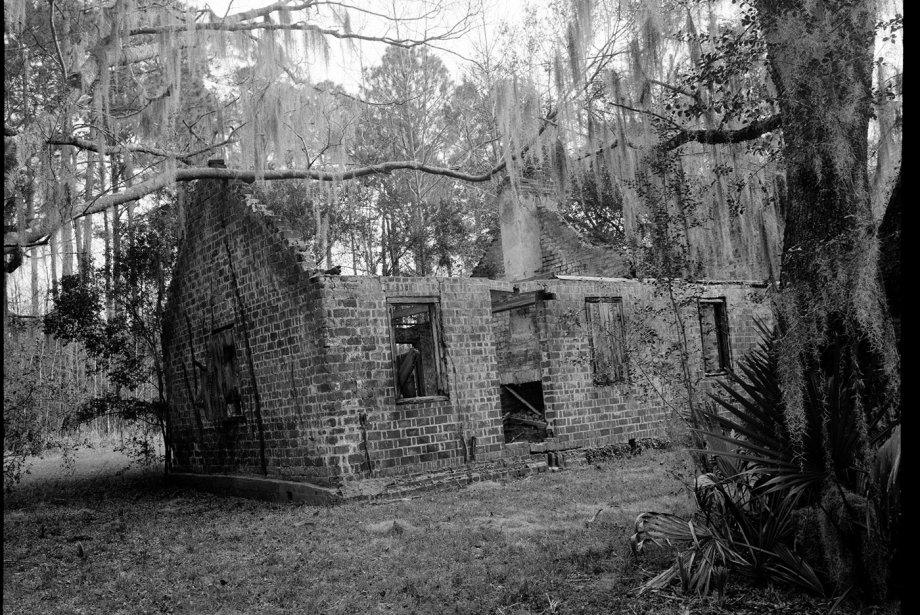
This picture is of an abandoned slave cabin along the banks of the Combahee River in South Carolina.